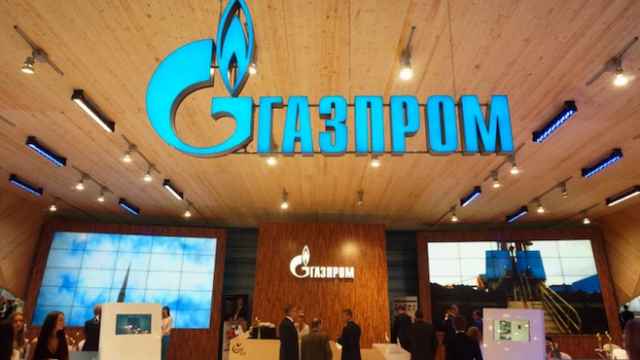Gazprom Energoholding, the utility unit of Russia's top natural gas producer Gazprom, is planning an initial public offering of its shares in 2016, when foreign capital markets may become more open to Russian firms, its director general said.
Russian companies have virtually stopped selling share capital in the form of IPOs as investors shy away from their assets due to the deepest West-East rift since the end of the Cold War over Moscow's role in the Ukraine conflict.
Denis Fyodorov said the company's Western suppliers were "shocked" because of sanctions over Ukraine and would suffer more from the punitive measures forcing them out of the Russian market than the Russian companies they serviced.
"As for the IPO, we'd like to carry it out in 2016. It would most likely be an IPO, not a sale to a strategic partner, though we do not rule out this option either," he said in an interview at the Reuters Russia Investment Summit.
The company could sell new shares during the IPO, he said.
Gazprom Energoholding manages power generator OGK-2, power company TGK-1 and power generator Mosenergo. It accounts for 17 percent of Russia's total electricity power capacity.
Fyodorov said the company could sell between 5 and 10 percent of its shares.
"It's obvious that a big stake [sale] would lead to a price decline," he said, adding that it was only a proposal, which would need to be backed by Gazprom.
He also ruled out the possibility of merging Gazprom Energoholding's assets in order to consolidate its business and optimize governance as it would require the approval of all the stakeholders, including Finland's top utility, state-controlled Fortum, which owns 25.7 percent of TGK-1.
"Transition to a unified share is too expensive. … We would have to hold talks with TGK-1, Finnish investors, and the Moscow government in Mosenergo," Fyodorov said. The Moscow government is a shareholder in Mosenergo.
By announcing the IPO plans, Gazprom Energoholding is following in the footsteps of Russia's largest steelmaker Evraz, which said last week it was considering an IPO of its North American assets, a rare move by a Russian company to raise funds in the United States after Washington imposed sanctions on Moscow over Ukraine.
Fyodorov said Western companies producing utility equipment, which have been operating in Russia and will have to leave the local market because of the sanctions, would "lose the market."
"And it will be extremely difficult for them to return," he said, adding that the company was trying to forge close ties with utility equipment makers in Asia instead of traditional partners in the United States and Europe.
A Message from The Moscow Times:
Dear readers,
We are facing unprecedented challenges. Russia's Prosecutor General's Office has designated The Moscow Times as an "undesirable" organization, criminalizing our work and putting our staff at risk of prosecution. This follows our earlier unjust labeling as a "foreign agent."
These actions are direct attempts to silence independent journalism in Russia. The authorities claim our work "discredits the decisions of the Russian leadership." We see things differently: we strive to provide accurate, unbiased reporting on Russia.
We, the journalists of The Moscow Times, refuse to be silenced. But to continue our work, we need your help.
Your support, no matter how small, makes a world of difference. If you can, please support us monthly starting from just $2. It's quick to set up, and every contribution makes a significant impact.
By supporting The Moscow Times, you're defending open, independent journalism in the face of repression. Thank you for standing with us.
Remind me later.





